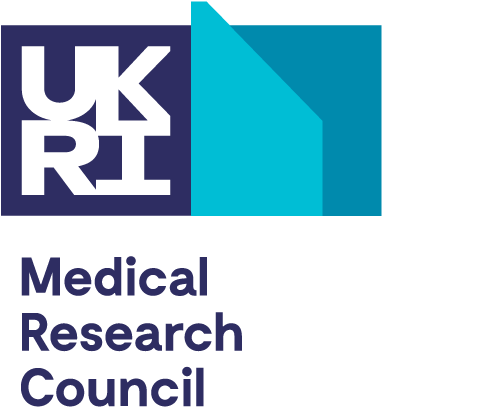Pre-application stage: new applications and renewals
The standard for programme grants is extremely competitive and it is important that applicants discuss their plans with appropriate staff at MRC head office.
You must contact the programme manager of the relevant MRC research board to confirm whether your application fits the funding opportunity. Outline applications are no longer necessary.
This mandatory step applies to all new programme grant applications and must be completed at least six weeks before the closing date.
Find contact details for the relevant programme manager, along with remit and scope information for the research board:
- Infections and Immunity
- Molecular and Cellular Medicine
- Neurosciences and Mental Health
- Population and Systems Medicine
If you are unsure who to contact, please contact our Research Funding Policy and Delivery (RFPD) team.
Email: rfpd@mrc.ukri.org
When contacting the programme manager regarding a new application, we ask that you send a case containing a brief description of the proposed programme by email.
The case should be a maximum of four pages, including:
- two pages outlining the proposed programme
- one page for track record
- up to one page of references
Your case must include:
- the title of potential MRC programme
- a list of the project lead and co-leads, and their affiliations
- a list of collaborators (if known at this stage)
- a high-level indication of the likely cost to MRC
At this stage the case should address the following questions on suitability for a programme grant, strategic fit and case for a major investment:
- is the proposed work a programme – a coordinated and coherent group of related projects, which may be to answer an interrelated set of questions
- does the work need long-term and extensive support
- is the proposed work in an MRC area of high strategic priority
- is there a case for a major investment in the context of the board portfolio and budget
- do you have a track record that shows you have the potential to successfully manage and deliver a major research programme
MRC does not expect the initial case to contain detailed research proposals. However, this stage does require that the applicant clearly states the aims of the proposed programme.
Applicants wishing to renew their programme grant should contact the programme manager of the relevant MRC research board during year four of the programme to discuss this further. A four-page case is not required for renewals.
Full application stage: new applications and renewals
Applicants invited to complete a full application using the UKRI Funding Service will be notified in advance of the relevant research board closing date.
For renewals, applicants should upload a report on the progress of your research to your application, in the related applications section.
Read the guidance on the relevant programme grant funding opportunity page for information on how to complete an application:
Infections and immunity responsive mode: programme
Molecular and cellular medicine responsive mode: programme
Neurosciences and mental health responsive mode: programme
Population and systems medicine responsive mode: programme
If the programme grant will involve a collaboration with one or more industrial partners – contributing either in cash or in kind – then applicants will need to comply with MRC guidance on the Industry Collaboration Framework (ICF).
Programme grant renewals: additional requirements
If you are applying to renew a programme grant, we are looking for a report on progress of your research, including:
- the grant reference, title and value of the previous award
- progress made against original aims and objectives since the programme was awarded, or since the last report
- important outputs from the programme
- a list of staff employed on the programme up to the current date
You should upload the progress report document to your application as a six page PDF. The document must have:
- single line spacing
- margins of at least 2cm
- be typed using Arial 11pt, or another ‘sans serif’ font with an equivalent size to Arial 11pt
Unpublished data important for the assessment of your application must be included in the approach section of your new application, and should not be included in the progress report.
Creating the application on the Funding Service
Select the ‘start application’ link on the relevant funding opportunity page. This will take you directly to the Funding Service to create an application.
Closing dates
This is an ongoing funding opportunity with multiple closing dates every year, usually in January, June and September.
For open, closing and funding decision meeting dates, see application timelines.
Your application must be submitted through the Funding Service by 4pm on the relevant research board’s closing date.
To ensure that your application reaches us in time, please give your administrative department at least two weeks’ notice of your application and the MRC research board closing date.
Help with applying using the Funding Service
If you require assistance either accessing the Funding Service or completing the application:
Email: support@funding-service.ukri.org
We aim to respond to emails within 2 working days.
Telephone: 01793 547490
Our phone lines are open:
- Monday to Thursday 8:30am to 5:00pm
- Friday 8:30am to 4:30pm


